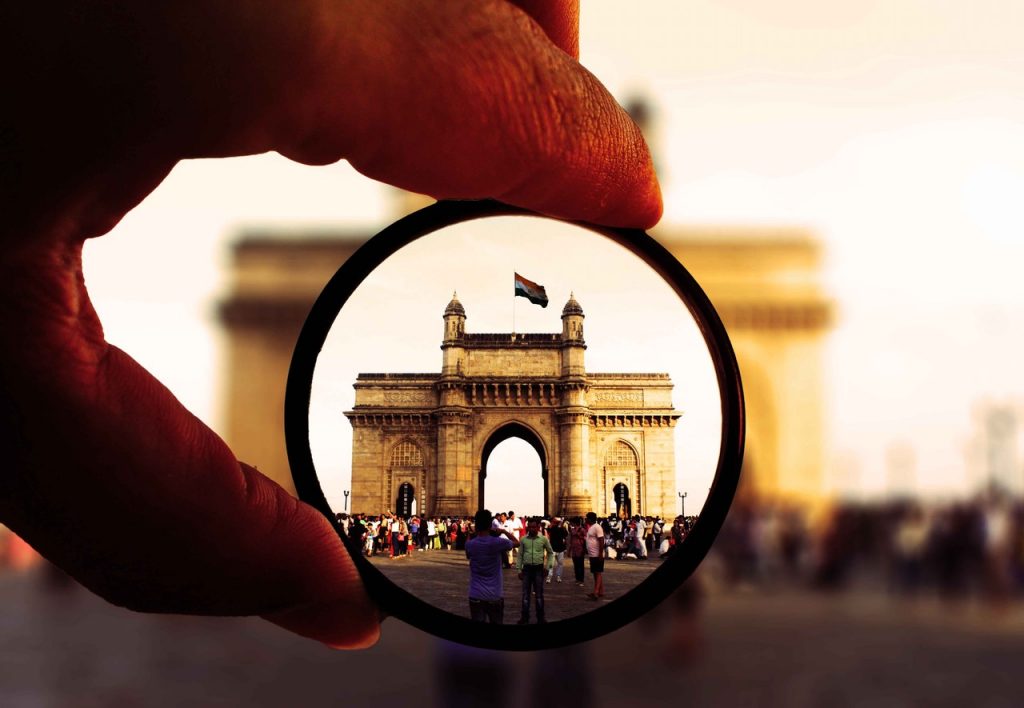According to a report by The Economic Times that cites two people involved in the matter, India’s Central Bank is set to research cryptocurrencies and their potential use cases despite various freshly instated bans.
This is very interesting, as RBI’s plans to research cryptocurrencies and the tech behind them come right after it has repeatedly issued warnings about potential economic, financial, legal issues and risks of using and trading crypto.
The publication revealed that the Reserve Bank of India (RBI) has recently formed a new unit to expand the research of emerging technologies such as cryptocurrencies, blockchain, and AI.
“As a regulator, the RBI also has to explore new emerging areas to check what can be adopted and what cannot. A central bank has to be on top to create regulations. This new unit is on an experimental basis and will evolve as time passes,” one of the two sources familiar with the central bank’s plans declared.
According to the sources, the new unit is just about a month old. Reportedly, a chief general manager has been selected to lead it, even though a formal announcement has yet to be made. Earlier this year, in April, India’s same institution banned financial institutions from dealing with cryptocurrency exchanges in particular. At that time, the RBI cited express concerns regarding money laundering. The institution also stated that the usage of cryptocurrency is actually a threat.
The report also depicted the valid comments of Piyush Singh, managing director-financial services, Asia Pacific and Africa, at Accenture that spoke his mind in regards to the whole issue:
“Unless regulators are part of the ecosystem, they understand and have a clear indication of what is accepted and what is not, it can neither protect the industry it regulates nor the consumers who use it.”
However, there are various reports that indicate the Indian Supreme Court is taking action to comprehensively regulate the usage of cryptocurrencies in India over the following period.
